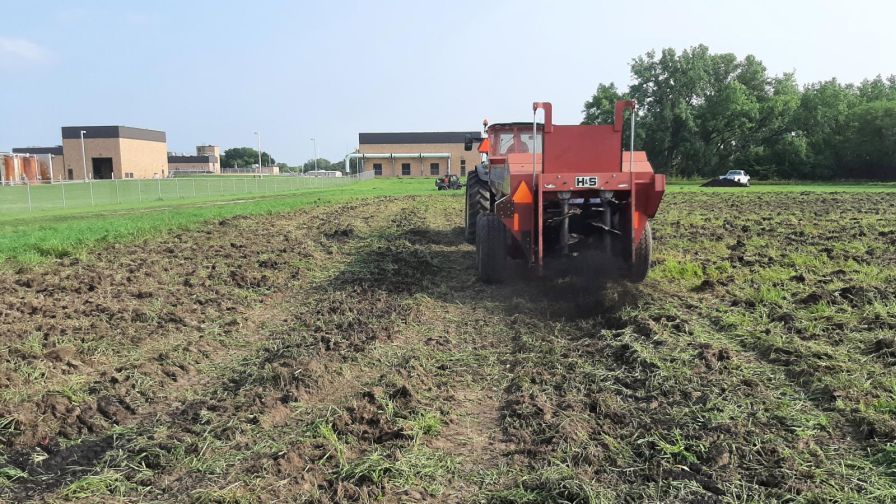Any Progress on Ag Labor Reform Is a Step in the Right Direction
The Farm Workforce Modernization Act (FWMA) passed the U.S. House of Representatives last year but is currently stalled in the Senate. If ever there was a time to make your voice heard loud and clear in support of this bill, it is now. We’ve waited long enough to make headway on overhauling dysfunctional immigration laws and creating a stable horticultural and agricultural workforce.
The FWMA, a bipartisan bill headed by Representatives Zoe Lofgren (D-CA) and Dan Newhouse (R-WA), was negotiated for more than eight months in 2019 with input from farmers, agricultural stakeholders, labor organizations, and farmworker advocates, and was the first agriculture reform legislation to pass the House of Representatives in 33 years. According to Rep. Lofgren’s website, the bill:
- Establishes a program for agricultural workers in the U.S. to earn legal status through continued agricultural employment and contribution to the U.S. agricultural economy.
- Reforms the H-2A program to provide more flexibility for employers, while ensuring critical protections for workers.
- Focuses on modifications to make the program more responsive and user-friendly for employers and provides access to the program for industries with year-round labor needs.
Farmworker advocate groups differ in opinions on whether the FWMA is ultimately good or bad for farmworkers. Opponents of the legislation argue the bill opens the way for more exploitation of farmworkers by employers because they could threaten deportation or claim a worker doesn’t meet residency requirements if the worker speaks out against poor working conditions. The expansion of the E-verify system, where employers would be required to verify farmworkers’ eligibility to work in the U.S., is another sore point for opponents, who say this move would make securing work more difficult for new migrants to the U.S. And the pathway to citizenship would be a long one under this bill, possibly taking as much as eight to 10 years from certification of agricultural worker status to applying for a green card and finally putting in for citizenship.
Advocates for the FWMA assert the bill would provide undocumented immigrants with the greater security and protections that come with a pathway to citizenship. With opportunities to work illegally in the U.S. eliminated, the bill would also strengthen border security. Then there is the argument that the bill would lower food costs for inflation-strapped Americans and secure the food supply. Finally, the FWMA would ease the labor crisis by stabilizing the horticultural and agricultural workforce, improving the H-2A visa program with options for seasonal, year-round, and permanent agricultural employees, and creating greater integrity in the hiring process.
The FWMA passed the House for the second time in March 2021. Now, the Senate is in a standoff, hung up on inclusions in the bill such as wage policy, caps on the number of expanded visas for farm workers, and the extension of certain legal rights to those workers. No one is claiming this bill is the panacea to resolve all the labor issues our country faces; more so it is touted as a bipartisan compromise. Regardless of where you stand on these issues, I think everyone could agree that it is a start to open the way for more reforms, solutions, and discussions around these issues.
I think we need to ask ourselves if we would rather have some progress made or no progress at all. If nothing is done, at what cost does that come to the greenhouse operators, nursery owners, farmers, and ranchers struggling to find labor? More than three decades is a long time to wait for some type of substantial agricultural labor reform. Time is running out. Craig Regelbrugge, Executive Vice President of Advocacy, Research, and Industry Relations, says the vote is most likely to happen during the lame duck session of Congress. Once the year ends, lawmakers will have to start anew on this type of legislation. Think of the time lost. How much longer are we willing to wait? It’s time for this bill to pass the Senate. Make your voice heard.









